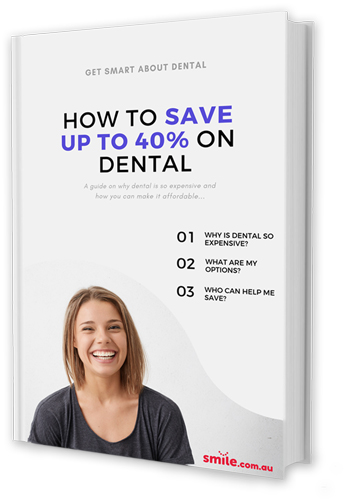Dry Mouth, Xerostomia
Reviewed Nov 2023 by Our Content Experts
A healthy adult produces about three pints of saliva each day. That's not something you normally would give thought to until you experienced having a dry mouth.
Everyone, at some time or another, experiences dry mouth, also called 'xerostomia' (zeer-oh-stoh-mee-ah). It can happen when you are nervous, upset or under stress. If dry mouth happens all or most of time, however, it can be uncomfortable and it can have serious consequences for your oral health.
Saliva and Dry Mouth
Saliva serves many purposes. It contains enzymes that aid in digestion. Saliva makes it easier to talk, a fact recognised by those who experience stage fright and the associated dry mouth while giving a presentation.
But saliva also helps prevent tooth decay by washing away food and debris from the teeth and gums. It neutralises damaging acids, enhances the ability to taste food and makes it easier to swallow. Minerals found in saliva also help repair microscopic tooth decay.
Common symptoms of dry mouth include:
- A sticky, dry feeling in the mouth or throat
- Limited saliva that seems thick or stringy
- A burning sensation in the mouth
- Trouble in chewing, swallowing or speaking
- An altered sense of taste
- A rough, dry tongue
- Cracked lips, sores or split skin at the corners of the mouth
- An infection in the mouth
- Increased plaque (a thin film of bacteria, tooth decay and gum disease)
- Bad breath
Causes of Dry Mouth
Medications are the most common cause of dry mouth. More than 400 medications (prescribed and over-the-mouth) list dry mouth as a potential adverse effect. Among them are antihistamines, decongestants, painkillers, diuretics, high blood pressure medications, muscle relaxants, drugs for urinary incontinence, Parkinson's disease medications, antidepressants and many others.
Dry mouth can be caused by other factors such as emotional stress, anxiety disorders, radiation treatment for head and neck cancers, salivary gland disease, endocrine disorders, diabetes, Parkinson's disease, Alzheimer's disease, stroke, AIDS and Sjogren's syndrome. Hormone changes that take place during pregnancy or menopause also have been associated with dry mouth. Snoring or breathing with an open mouth can contribute to dry mouth.
Drying irritates the soft tissues in the mouth which can make them inflamed and more susceptible to infection. Without the cleansing effects of saliva, tooth decay and other oral health problems become much more common.
Finding Relief for Dry Mouth
Regular dental check ups are important. At each appointment, report any medications you are taking and other information about your health. An updated health history can help identify a cause for mouth dryness.
Increasing fluid intake, taking frequent sips of water or sucking ice chips may help. A smile.com.au dentist or physician may recommend using artificial saliva, also called 'saliva substitute' or 'oral moisturiser', to keep the mouth moist. Artificial saliva products are sold in chemists. If you do not see the product on the shelf, ask your pharmacist. In some cases, a smile.com.au dentist may be able to prescribe different medications that can increase your saliva production. Avoid tobacco and restrict your intake of caffeine, alcohol and carbonated beverages. Sleeping in a room with a humidifier also may relieve some of the discomfort.
Because dry mouth increases the opportunity for tooth decay and other problems, it is critical that you take good care of your teeth and gums. Brush twice a day, and floss or use another interdental cleaner once a day to remove debris from between the teeth where your toothbrush can not reach.

